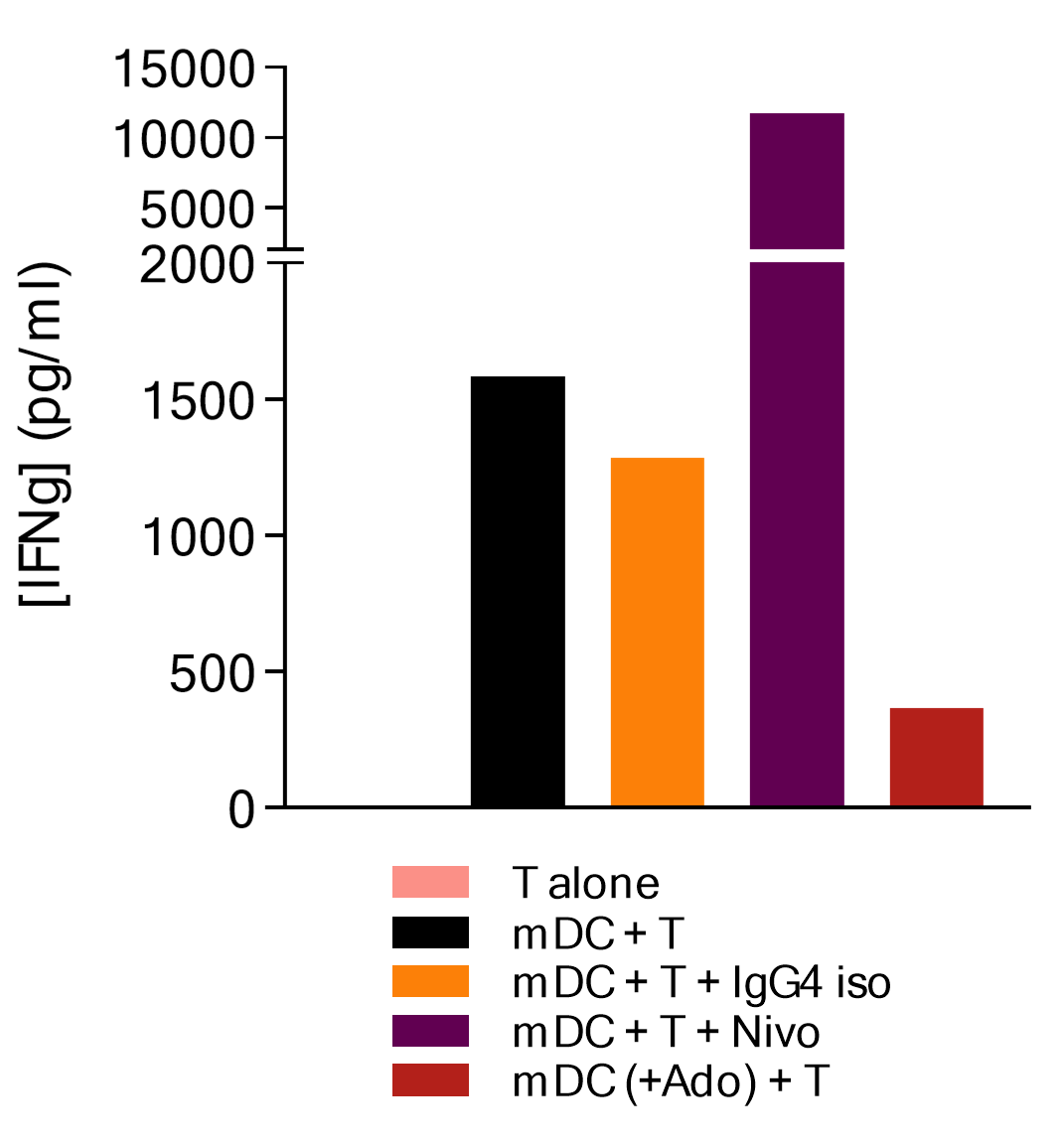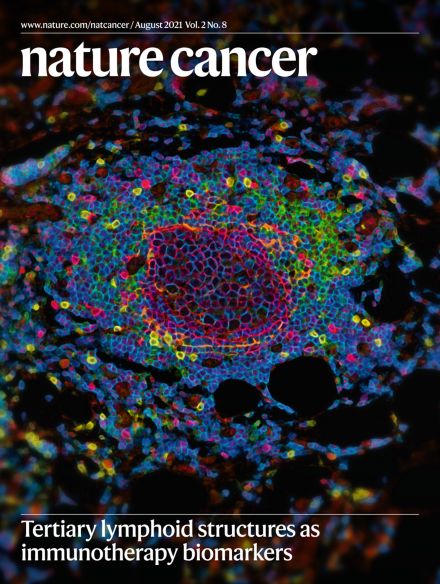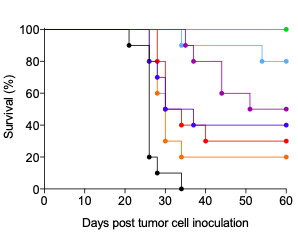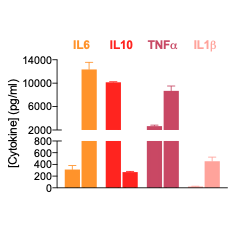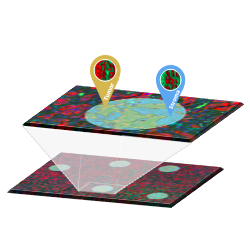Next In Vitro Shuttle Session - DC differentiation and MLR assays for immunotherapeutics screening
11 / 10 / 2021

Take advantage of our upcoming shuttle session - scheduled early-December - to cost-effectively run your candidates on our robust DC differentiation and Mixed Leukocyte Reaction (MLR) assays thereby saving up to 25% on initial cost.
Characterized through adenosine-mediated suppression results, our validated DC-based assays represent valuable tools for assessing adenosine pathway modulators as well as innovative candidate immunotherapeutics for their potential to enhance DC-mediated T cell stimulation.

